
Kód: 02526057
Memoir Of The Warsaw Uprising
Autor Miron Bialoszewski Madeline Levine
A Memoir of the Warsaw Uprising is both a work of memory and a work about memory. Miron Bialoszewski, the great avant-garde Polish poet, memorializes the doomed uprising of the Polish population against their Nazi masters, which b ... celý popis
- Jazyk:
 Angličtina
Angličtina - Vazba: Brožovaná
- Počet stran: 256
Nakladatelství: The New York Review of Books, Inc, 2015
- Více informací o knize

394 Kč

Skladem u dodavatele v malém množství
Odesíláme za 10-14 dnů
Potřebujete více kusů?Máte-li zájem o více kusů, prověřte, prosím, nejprve dostupnost titulu na naši zákaznické podpoře.
Přidat mezi přání
Mohlo by se vám také líbit
-

Flyfishing for Coarse Fish
543 Kč -
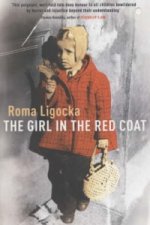
Girl In The Red Coat
279 Kč -

HWPO
476 Kč -
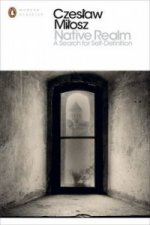
Native Realm
342 Kč -
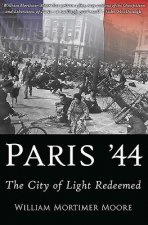
Paris '44
883 Kč -
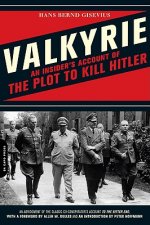
Valkyrie
568 Kč -

Dowding of Fighter Command
463 Kč -

Strange Victory
1494 Kč -
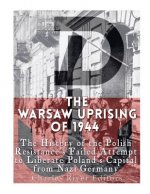
The Warsaw Uprising of 1944: The History of the Polish Resistance's Failed Attempt to Liberate Poland's Capital from Nazi Germany
342 Kč -

Food Wars!: Shokugeki no Soma, Vol. 1
223 Kč -
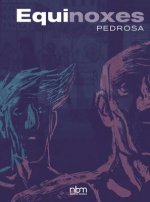
Equinoxes
1112 Kč -
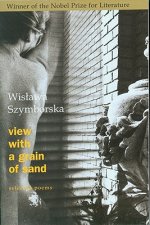
View with a Grain of Sand: Selected Poems
438 Kč -
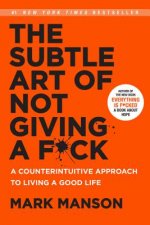
The Subtle Art of Not Giving a F*ck
517 Kč -

China: The Cookbook
868 Kč -

The Complete Book of the Flower Fairies
463 Kč -

Otaku in 10,000 BC, Volume 1
419 Kč -

Cold War Berlin: an Island City
542 Kč -

Filofax Personal Saffiano rose gold organiser
1040 Kč -

RYA VHF Handbook
527 Kč -

Formula One Record Book (2023)
972 Kč -

Robert Frank: Peru
692 Kč -
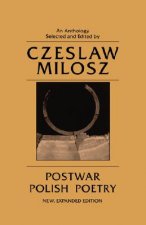
Postwar Polish Poetry
934 Kč -

Never Finished
687 Kč -

CSB She Reads Truth Bible, Hardcover
813 Kč -
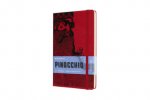
Moleskine Limited Edition Pinocchio Large Plain Notebook
675 Kč -
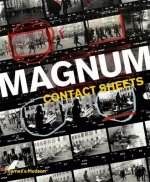
Magnum Contact Sheets
1078 Kč -

Ikigai
564 Kč -

The Torn Skirt
406 Kč -
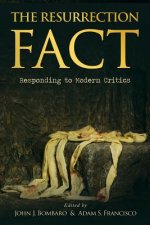
The Resurrection Fact: Responding to Modern Critics
593 Kč -

Nature Poem for Every Day of the Year
763 Kč -

Ionization and Ion Transport
1369 Kč -

Berserk Deluxe Volume 1
1115 Kč -

Indistractable: How to Control Your Attention and Choose Your Life
661 Kč -
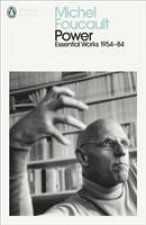
Power
403 Kč -

Useless Magic
531 Kč -

Roblox Game Development in 24 Hours
813 Kč -
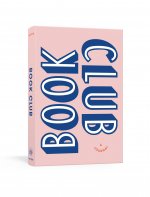
Book Club: A Journal
321 Kč -

Think Again
517 Kč -

Level 5: Pride and Prejudice Book and MP3 Pack
279 Kč -

Interaktivní angličtina pro předškoláky a malé školáky
209 Kč -

Tiger & Bunny Comic Anthology, Vol. 1
358 Kč -

Bipolar Disorders
5483 Kč -

One Piece Box Set 2: Skypeia and Water Seven
3426 Kč -

Jim Shaw
1797 Kč -

Harry Potter: Collectible Quidditch Set
610 Kč -

Structured Computer Organization
2416 Kč -

Georgiana, Duchess of Devonshire
410 Kč -

My First Signs
196 Kč -
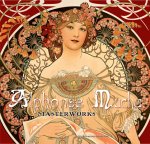
Alphonse Mucha
677 Kč -
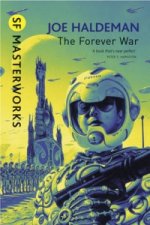
Forever War
255 Kč -

English in Mind Level 3 Workbook
289 Kč -
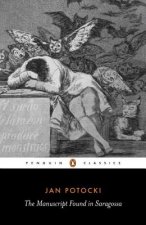
Manuscript Found in Saragossa
497 Kč -

Natasha's Dance
517 Kč -

Shakespeare
323 Kč -
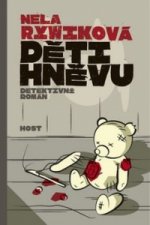
Děti hněvu
224 Kč -

Sportovní příprava dětí
195 Kč -

Plyš očka střední tučňák s čepicí
222 Kč -
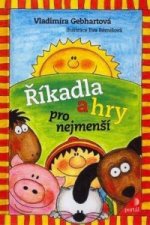
Říkadla a hry pro nejmenší
186 Kč -

Puzzle Impossible: Ledové království 2
219 Kč -

Macík rád pomáha
130 Kč -
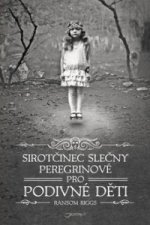
Sirotčinec slečny Peregrinové pro podivné děti
325 Kč -

Jak se Hrášek učil 2
143 Kč -
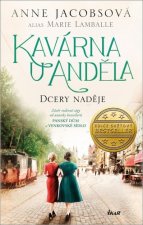
Kavárna U Anděla Dcery naděje
128 Kč -

Rusko-český a česko-ruský slovník
425 Kč -
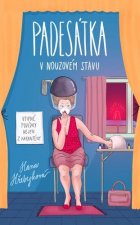
Padesátka v nouzovém stavu
159 Kč -

Język angielski zawodowy dla technika informatyka i technika programisty. Zeszyt ćwiczeń
463 Kč -

Gefühle Wimmelbuch
333 Kč -

Coloriages mystères Les Grands classiques Disney Tome 9
527 Kč -
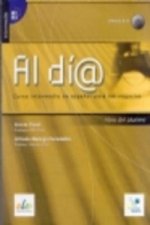
Al día intermedio - učebnice + CD
902 Kč -
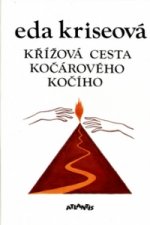
Křížová cesta kočárového kočího
76 Kč -
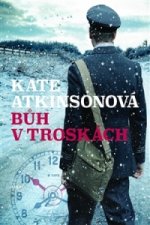
Bůh v troskách
334 Kč -
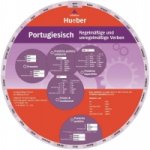
Wheel - Portugiesisch - Regelmäßige und unregelmäßige Verben
192 Kč -

Lady Jana Greyová
252 Kč -
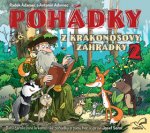
Pohádky z Krakonošovy zahrádky 2
216 Kč -

Biała Skała
203 Kč -

Asterix IX-XII
339 Kč -

500 otázek a odpovědí Dinosauři
299 Kč -

Terminología médica
1517 Kč -

Hilda a pidilidi
269 Kč -

Oprásgy slovenckej historje
116 Kč -

Aussichten
552 Kč -

Kredki zamek 24 kolory
403 Kč -

Pax Draugova oběť
224 Kč -

Hotel Winterhouse
204 Kč
Darujte tuto knihu ještě dnes
- Objednejte knihu a zvolte Zaslat jako dárek.
- Obratem obdržíte darovací poukaz na knihu, který můžete ihned předat obdarovanému.
- Knihu zašleme na adresu obdarovaného, o nic se nestaráte.
Více informací o knize Memoir Of The Warsaw Uprising
Nákupem získáte 39 bodů
 Anotace knihy
Anotace knihy
A Memoir of the Warsaw Uprising is both a work of memory and a work about memory. Miron Bialoszewski, the great avant-garde Polish poet, memorializes the doomed uprising of the Polish population against their Nazi masters, which began on August 1, 1944, and was eventually abandoned on October 2, 1944, with the physical destruction of Warsaw, street by street and house by house, and the slaughter of 200,000 civilians. Yet Bialoszewski begins his memoir not with an invocation of the great historical events about to unfold but with a simple observation: "Tuesday, August 1, 1944, was cloudy, humid, not too warm...and I remember that there were many trolleys, cars, and people and that right after I reached the corner of Zelazna Street, I realized what day it was (the first of August) and I thought to myself, more or less in these words: 'August 1 is Sunflower Day.' " Bialoszewski concentrates on recalling the things he saw, felt, smelled, and heard. Each object is precious. Each possesses its own integrity, which the violence of the Nazis will destroy. In reclaiming these objects, Bialoszewski combats the inner evil of the time he recounts, the thinking of those for whom the individual is meaningless and the moment is a fraud. In dwelling with loving concern on the cobblestones, glass jars, and the casual words people spoke in passing, Bialoszewski sets himself against those for whom history justifies all actions and violence is a substitute for truth. Bialoszewski rescues memory from history. He rescues the moment from the epic sweep of the thousand-year Reich. He observes "the glaring identity of 'now.' " He tells us: "That is why I am writing about this. Because it is all intermeshed. Everything. My neighborhood too. Leszno, Chlodna, and Muranow. Because the majority of my churches were there. Then the Jews. And Kochanowski. And that woman near the pillars." In reclaiming the memory of the anonymous "woman near the pillars," Bialoszewski reaffirms the life-giving power of the imagination, which all the force of the inhuman Nazi machine could not-and cannot-obliterate.
 Parametry knihy
Parametry knihy
Zařazení knihy Knihy v angličtině Humanities History Military history
394 Kč
- Plný název: Memoir Of The Warsaw Uprising
- Autor: Miron Bialoszewski Madeline Levine
- Jazyk:
 Angličtina
Angličtina - Vazba: Brožovaná
- Počet stran: 256
- EAN: 9781590176658
- ISBN: 1590176650
- ID: 02526057
- Nakladatelství: The New York Review of Books, Inc
- Hmotnost: 286 g
- Rozměry: 204 × 128 × 16 mm
- Datum vydání: 27. October 2015
Oblíbené z jiného soudku
-

With the Old Breed
224 Kč -

SS Dirlewanger Brigade
358 Kč -

Mediterranean Air War, 1940-1945
1520 Kč -

Wars of the Roses
401 Kč -
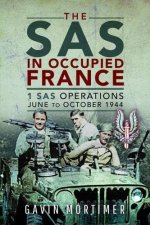
SAS in Occupied France
677 Kč -
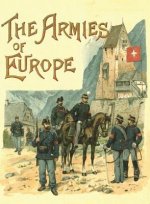
Armies of Europe Illustrated
716 Kč -

Soviet Cruise Missile Submarines of the Cold War
499 Kč -

Black Prince And The Sea Devils
1040 Kč -
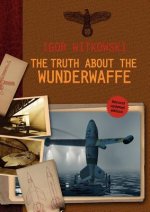
Truth About The Wunderwaffe
1126 Kč -

Kill Anything That Moves
459 Kč -
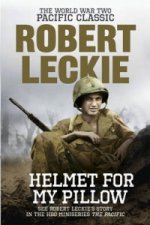
Helmet for my Pillow
356 Kč -

Forgotten Highlander
356 Kč -

TM 9-803 Willys-Overland MB and Ford Model GPW Jeep Technical Manual
458 Kč -

With the Old Breed
410 Kč -

Sleepwalkers
542 Kč -

Panzerkampfwagen Tiger Ausf.B
623 Kč -

D-Day
277 Kč -

War that Ended Peace
290 Kč -
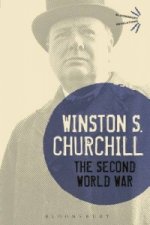
Second World War
794 Kč -

Band Of Brothers
268 Kč -

American Sniper
302 Kč -

Battles Map by Map
848 Kč -

Brothers in Battle, Best of Friends
384 Kč -

Eastern Approaches
356 Kč -

Citizen Soldiers
356 Kč -

Fate is the Hunter
302 Kč -

Shattered Sword
740 Kč -

Panzerjager on the Battlefield
703 Kč -

Fairbairn-Sykes Commando Dagger
436 Kč -

Templars
329 Kč -

Bravo Two Zero
323 Kč -

Us Forces in Vietnam 1968 - 1975
592 Kč -

Military History Book
810 Kč -

Lost Victories
596 Kč -
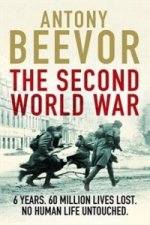
The Second World War
487 Kč -

Hirohito and the Making of Modern Japan
410 Kč -

T-34 on the Battlefield. Volume 2
874 Kč -

Reaper
384 Kč -

RAF Battle of Britain Fighter Pilots' Kitbag
463 Kč -

Art of War
323 Kč -

Pacific Crucible
518 Kč -

Soldaten - On Fighting, Killing and Dying
276 Kč -

1914-1918
584 Kč -
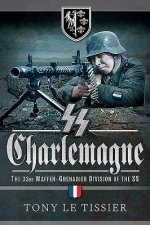
SS Charlemagne
356 Kč -

Between Giants
468 Kč -

German Panzers 1914-18
441 Kč -
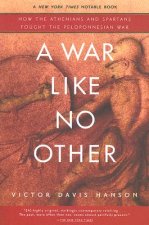
War Like No Other
395 Kč -

Hommes et ouvrages de la ligne Maginot, Tome 4
1289 Kč -

Winter Uniforms of the German Army
2206 Kč
Osobní odběr Praha, Brno a 12903 dalších
Copyright ©2008-24 nejlevnejsi-knihy.cz Všechna práva vyhrazenaSoukromíCookies


 Vrácení do měsíce
Vrácení do měsíce 571 999 099 (8-15.30h)
571 999 099 (8-15.30h)